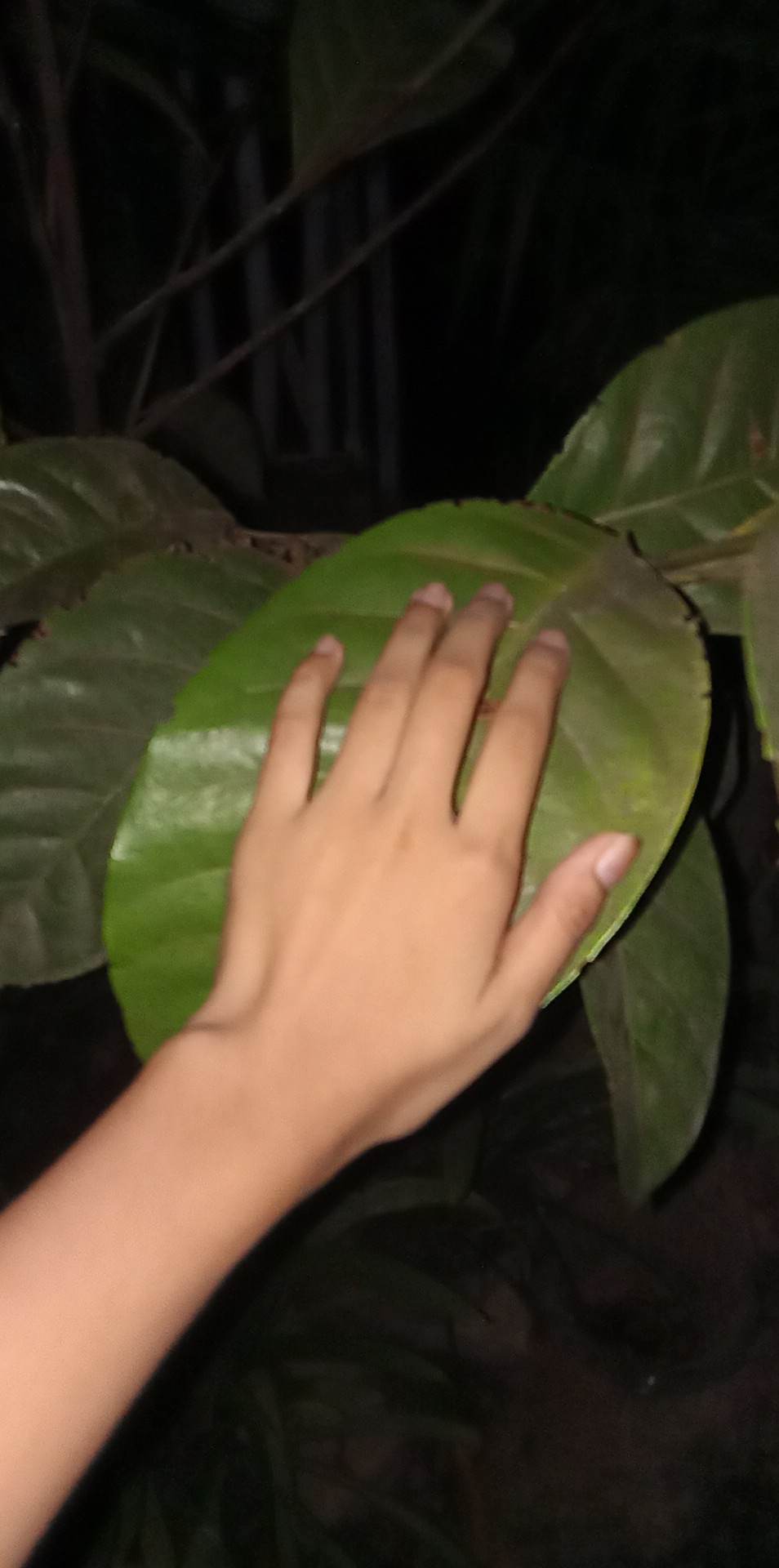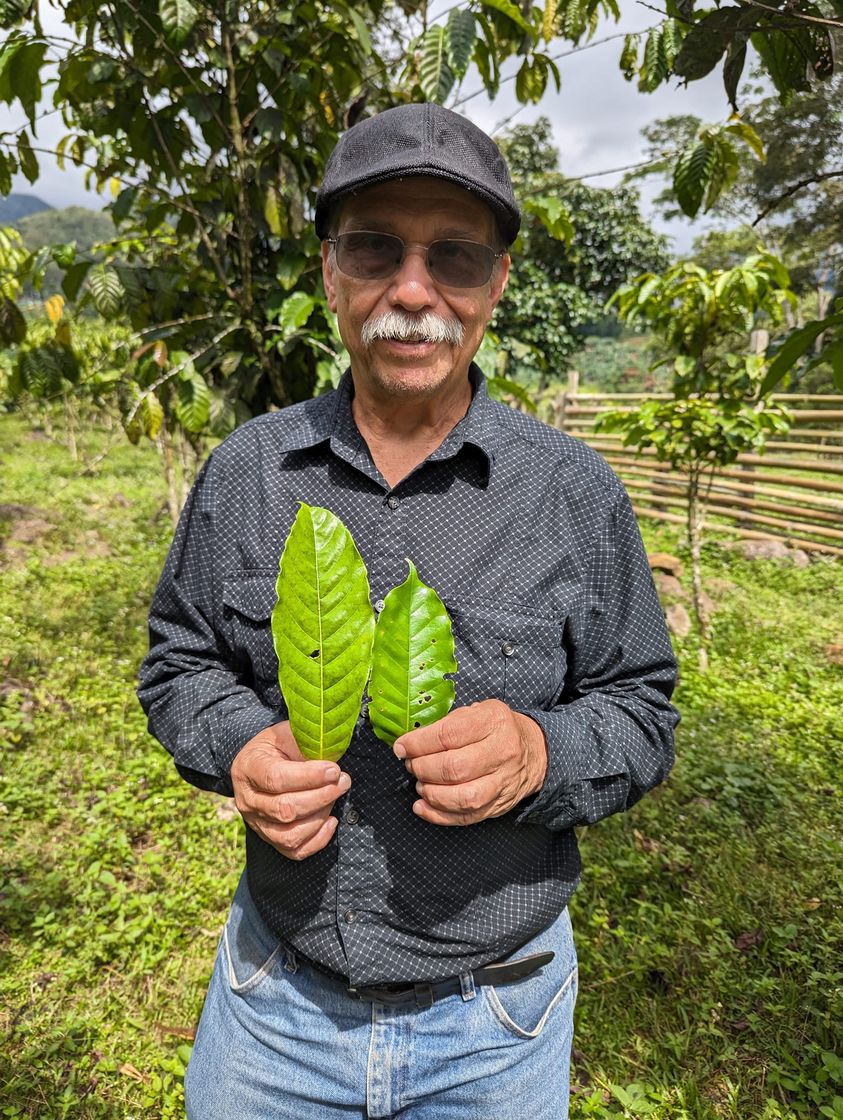There are four major types of coffee grown in the Philippines
The Philippines is renowned for its rich coffee heritage and diverse coffee cultivation. Within the country, four major types of coffee varieties are grown: Robusta, Arabica, Liberica, and Excelsa. Each variety possesses unique characteristics that contribute to the distinct flavors and profiles of Philippine coffee.
These four coffee varieties, Robusta, Arabica, Liberica, and Excelsa, showcase the diversity and richness of the Philippine coffee industry. Each variety offers distinct flavors, aromas, and characteristics, catering to different preferences and contributing to the country’s vibrant coffee culture. Whether enjoyed locally or exported, Philippine coffee continues to make its mark on the global coffee scene, offering a wide range of tastes and experiences for coffee enthusiasts worldwide.

Sustainable coffee planting encompasses the cultivation of coffee trees in a manner that promotes ecological balance and minimizes the need for pesticides. In this context, the natural characteristics of coffee tree varieties play a significant role. The shorter coffee trees, particularly robusta and arabica, thrive in shaded environments. By providing shade and protection from the sun and wind, these trees tend to yield higher production while requiring fewer pesticides.
Alongside these shorter trees, we have the “big brothers” of the coffee world: Liberica and Excelsa. These varieties are hardy and have the ability to grow to impressive heights. They can adapt to different environments, thriving in both lowland and upland areas. In lowland regions, robusta trees can be grown beneath the towering Liberica and Excelsa trees, benefiting from their shade and protection. Similarly, in upland areas, arabica trees can be cultivated under the canopy of these larger coffee trees.
By strategically planting coffee varieties in this way, we can create a harmonious ecosystem that maximizes the benefits of shade-loving trees and takes advantage of the unique characteristics of each coffee variety. This approach not only promotes sustainable farming practices but also contributes to the preservation of biodiversity and the overall health of the coffee plantation.

In summary, sustainable coffee planting involves maximizing the benefits of shade-loving coffee trees like robusta and arabica, while utilizing the protective canopies provided by Liberica and Excelsa in both lowland and upland environments. This approach optimizes coffee production, reduces the reliance on pesticides, and promotes a balanced and eco-friendly approach to coffee cultivation. In lowland regions, robusta can thrive beneath the shade of Liberica and Excelsa trees, while in upland areas, arabica can be cultivated under their protective canopy.